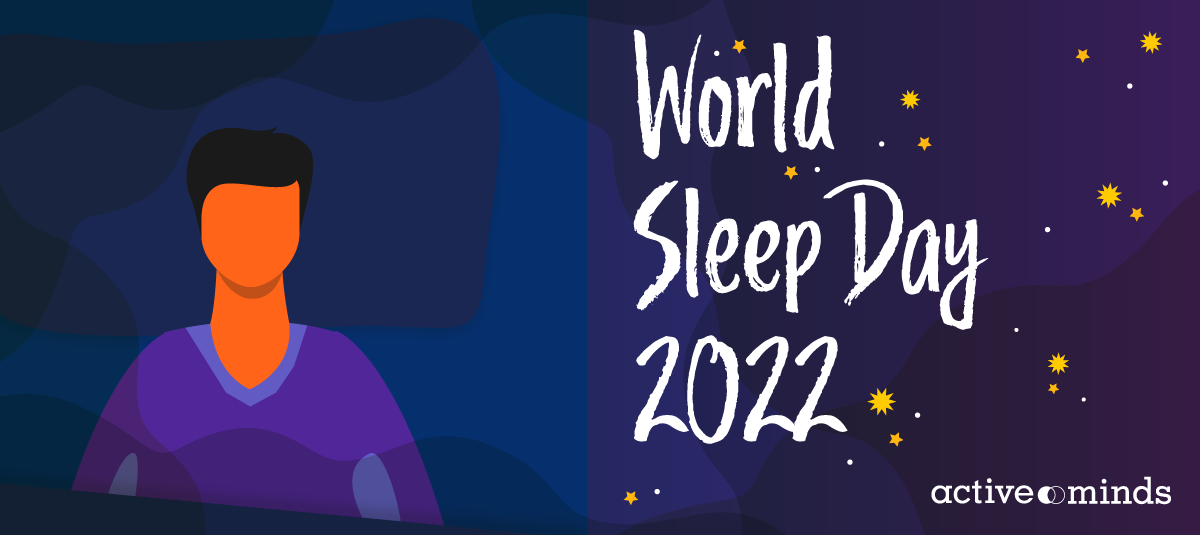Sleep. It’s something that most people yearn for throughout the day but can never seem to get enough of, especially during the week after daylight savings time. I’m sure I’m not alone right now in wishing I had just a bit more rest as I move throughout my day. In addition to the more obvious physical symptoms we feel when we are tired, sleep deprivation can also affect our mental health and overall well-being. So while sleep can often come naturally, when you’re struggling to get the rest you need, it may be time to enlist some help in creating habits that work for you.
Sleep deeply impacts every part of our life, and when we aren’t getting the rest we need, our health suffers, both physically and mentally. So while we all know the importance of getting at least eight hours of rest each night, it can still be hard to accomplish. Sleep skills vary widely from person to person, as does the ability to easily fall (and stay) asleep. Personally, I sleep the best when I am at home with my cat, not at college where my bed is six feet off the ground. However, there are still times no matter where I am I struggle to get the rest I need, and because of that, I’ve had to pay extra attention to what habits work best in helping me feel recharged. So, in honor of World Sleep Day, I want to share with you my five tips for getting better rest:
Make your bed a sanctuary.
It’s important to keep your bed a quiet and relaxing space. If someone were to do homework in their bed they may begin to associate the stress of class with sleep, therefore making it hard to fall asleep at night. Trying to minimize the number of activities that you do while in bed will help your brain associate sleep with the location of your bed.
Keep a consistent sleep schedule.
It can be tempting to sleep in on the weekends. Trust me when I say everyone has been there. However, it is really important to one’s sleep cycle to keep a consistent schedule. Waking up and going to bed at the same time every day can help your body fall asleep easier and make waking up in the morning easier too!
Track your sleep.
Wearing a smartwatch such as an Apple Watch or a FitBit to bed can help one track their sleep cycles. These devices can help analyze your sleep data and give helpful tips on what to do to improve your quality of sleep. As a plus, Active Minds is partnering with myala, an app that correlates physical health (including sleep tracking) with mental health.
White noise is your friend.
Having something running in the background can help one sleep better with fewer distractions. Everyday noises such as a humidifier or fan work great. There are also white noise machines with timers if you do not want the background noise going all night. My personal favorite is apps that have soft white noise and tell a calming bedtime story when I am having a rough time falling asleep.
Manage your worries and calm your mind.
There have been many times where I feel myself drifting off to sleep, and all of a sudden I’m jolted awake. “Did I submit that assignment I needed to? I need to call and reschedule that appointment. What time are my classes tomorrow?” All the thoughts from today (and one’s for tomorrow, next week, and even next month) suddenly flood my mind. Simple actions like keeping an organized to-do list, limiting screen time in the evening, and doing simple meditations before getting in bed have helped me keep my mind calm and thoughts organized while falling asleep.
Sleep is often the habit that gets sacrificed when our lives become too busy. However, sleep impacts every part of our day, from our mood to our productivity and we need to prioritize it as much as we can. Take the time to get the quality and quantity of sleep that your body needs. Your body (and your mind!) will thank you for it.




